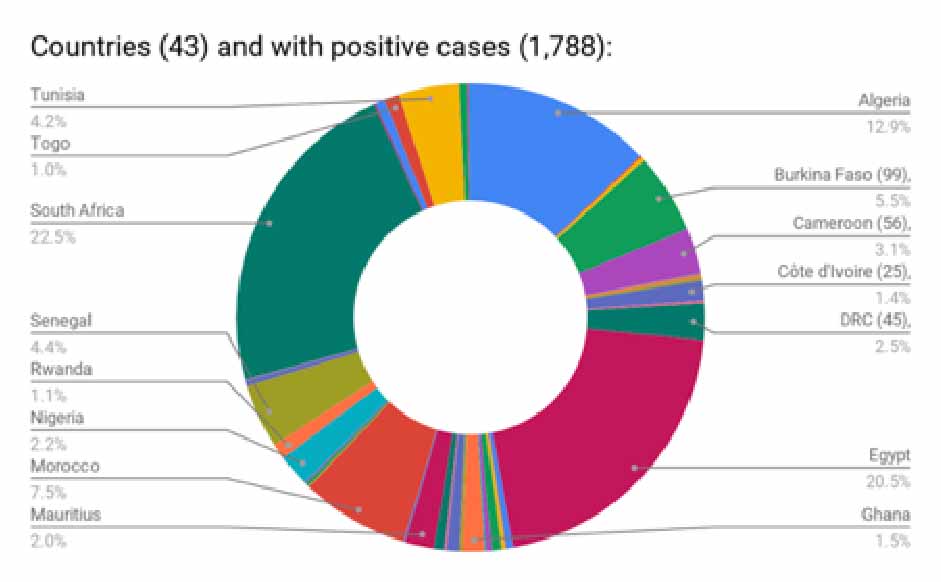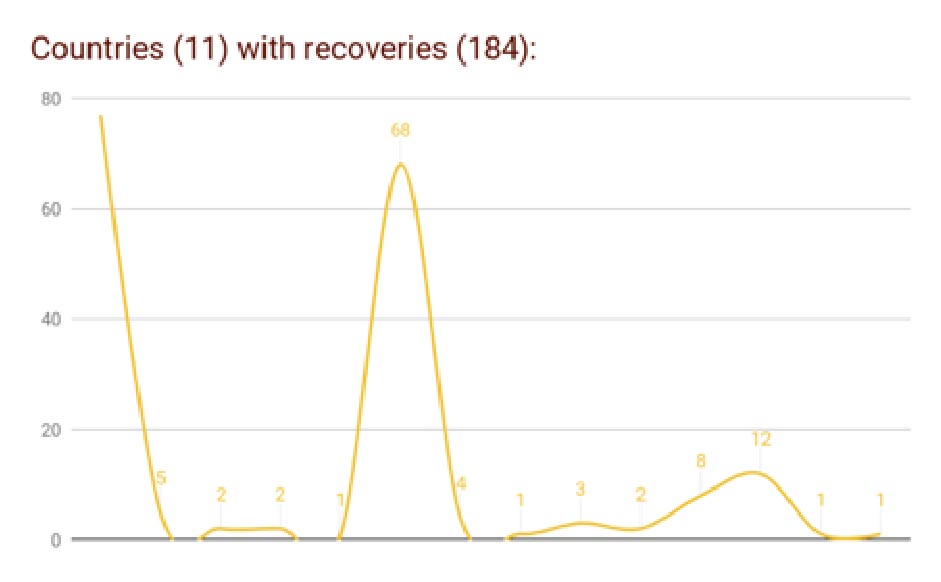The international community is trying to postpone and ultimately avoid the spread of COVID-19, an epidemic in which tens of thousands have been killed. Across Africa, the virus has spread within weeks to most of the countries. Governments and health authorities across the continent aim to restrict serious infections.
Early detection has been assisted by the World Health Organization (WHO) since the start of its outbreak by providing thousands of COVID-19 test kits to nations, educating hundreds of health workers, and improving community surveillance. Forty-seven WHO African countries will now check COVID-19. Only two could do so at the beginning of the outbreak.
The WHO has given guidance to countries that are regularly updated to represent developments. The recommendations include steps such as evacuation, citizens ‘ repatriation and occupational planning. The Group also co-ordinates national surveillance activities, epidemiology, planning, diagnostics, clinical care and treatment, and other ways of detecting, controlling the disease and reducing broad-based transmission.


The WHO offers remote assistance to the affected countries through the use of electronic data resources to better understand their country’s outbreak. Preparing and responding to past epidemics is a significant basis for many African countries in combating COVID-19 spread.
Essentially, the basic preventive initiatives of citizens and societies tend to be the most effective method to prevent COVID-19 spread. WHO helps local authorities develop radio and TV advertisements to educate the public about COVID-19 threats and what action needs to be taken. The Organization also works to combat misinformation and encourages countries to establish call centres to ensure that the general public is aware.
Data Source: Africa Centres for Disease Control and Prevention (Africa CDC) and WHO
